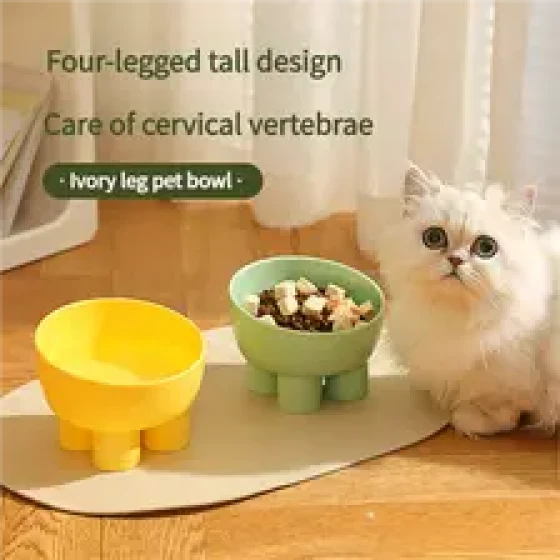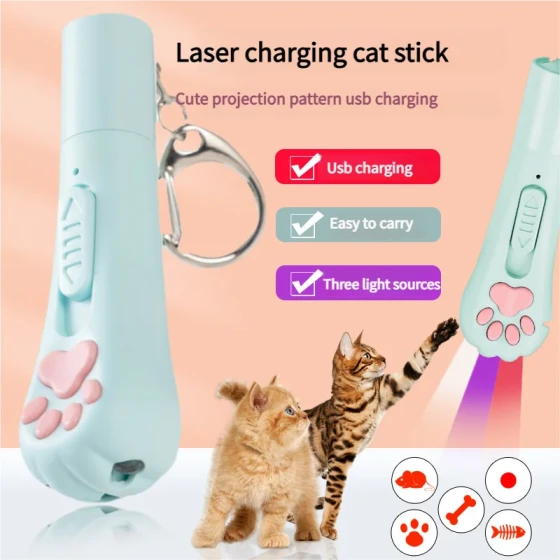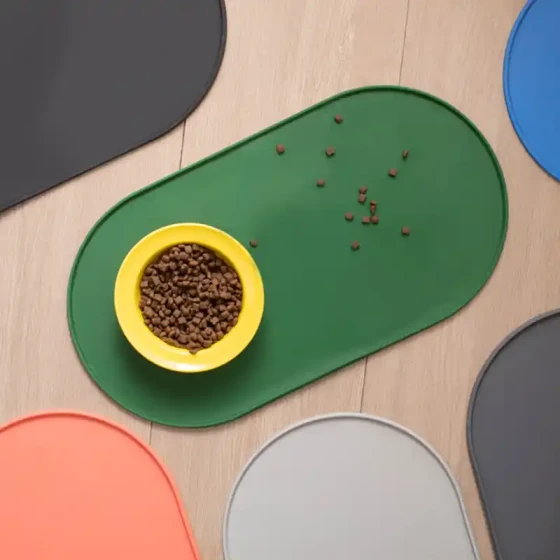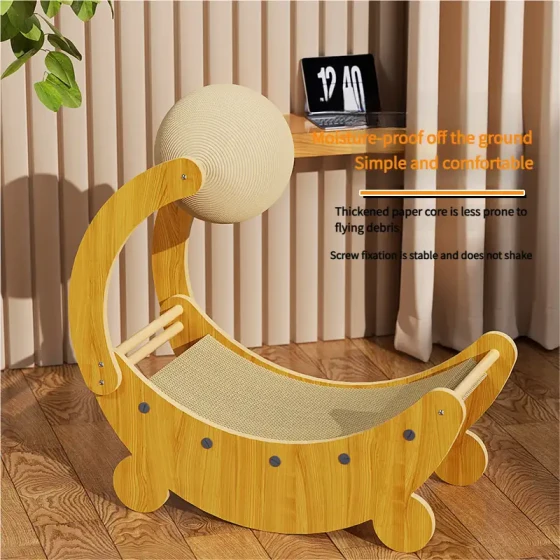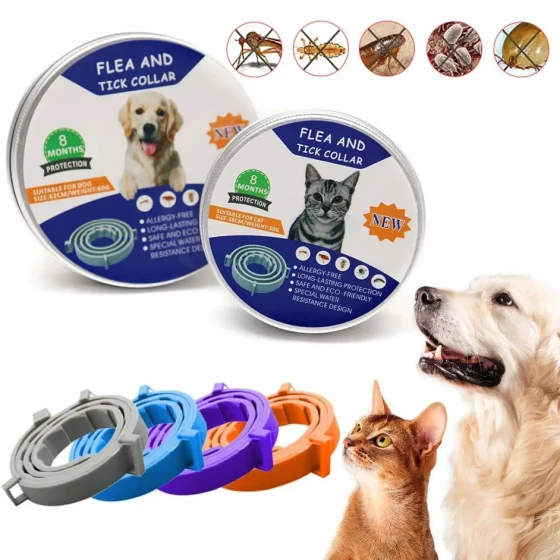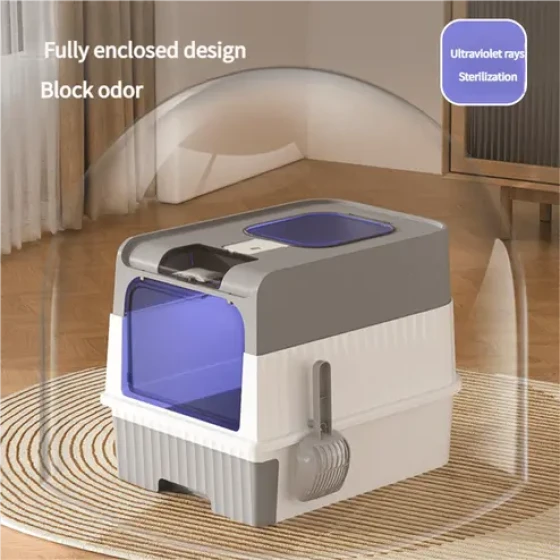Cat Owners: Lacking Love or Being Loved_An Analysis of the Real Emotional Needs of Cat Caretakers
Cat owners, in the end, are they inwardly lacking love or enjoying being loved? This is a topic that often sparks discussion. In short, owning a cat is not just about fulfilling one’s need for love; it is a complex interactive relationship that includes giving love while also receiving love and companionship. Cats enter our lives in their unique way, bringing warmth and comfort while also requiring our responsibility and care. This mutual emotional connection is exactly why many caretakers become deeply attached.
Owning a cat: filling the inner “small void”?
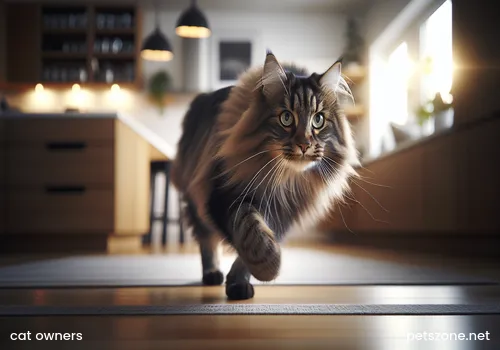
In the fast-paced modern society, especially for young people striving in cities, facing work pressure and social isolation, a sense of loneliness inevitably arises. At such times, the appearance of a soft and adorable cat is like a warm ray of sunshine that brightens the caretaker’s life.
- Emotional support and companionship. Many studies show that pets can effectively alleviate loneliness. When you finish a tiring day’s work and return home, seeing your cat greet you at the door or jump onto your lap purring lovingly instantly makes you feel the warmth of being needed. This silent companionship is especially meaningful to people living alone or young people far from home, filling the emotional connection that may be missing in human relationships.
- Healing unhappiness. Interacting with pets, especially stroking a cat’s soft fur, can reduce the stress hormone cortisol levels while promoting the secretion of “happy hormones” such as oxytocin, serotonin, and dopamine, thus easing anxiety and depression. The unique cat purring sound (about 20-140 Hz) is also believed to have a healing effect, helping to lower blood pressure and soothe negative emotions. As some caretakers say, “cat therapy” can really toss all unhappiness far away.
- Providing security and attachment. Psychology suggests that humans can establish an attachment with pets similar to a parent-child relationship, offering a safe haven and secure base. When feeling anxious or uneasy, the presence of pets can bring comfort and support.
Owning a cat is also an act of love and dedication
Being a qualified “cat caretaker” is not easy; it means responsibility and effort. From daily feeding, litter cleaning, grooming, to regular vaccinations, check-ups, and managing possible illness and behavioral issues, a significant investment of time, energy, and of course, real money is required.
- Fostering responsibility. Caring for a living being requires the owner to have sufficient patience and attentiveness. In some ways, it’s like experiencing the responsibilities of raising a child in advance.
- Financial investment. The expenses of owning a cat are no small amount—cat food, litter, toys, snacks, and most importantly medical costs can easily total several hundred to thousands of RMB per month. This can be a significant expenditure for many young people.
- Needs understanding and tolerance. Cats may sometimes scratch furniture, run around at night, or show indifferent responses to your enthusiasm. All these require the caretaker’s understanding and tolerance, as cats express their feelings and live life in their own way.
The “cat nature” and “human nature” of caretakers
Although one’s personality cannot be simply defined by whether they own a cat, some studies and observations have indeed found that cat owners may share certain common traits.
- Independent and introverted? Compared to dog owners, cat owners are sometimes seen as more independent and more inclined to enjoy solitude or have introverted personalities. But this does not mean they are reclusive, just more focused on private space and quiet environments.
- Considerate and sensitive? Some believe that because cats are not as easily trained or pleased as dogs, owners who gain a cat’s trust are typically more considerate and affectionate. Cats themselves tend to be more sensitive, which might make cat owners more observant and attuned to their “master’s” emotional changes.
- Non-traditional thinking? Some research hints that cat lovers may value independence and non-traditional lifestyles, not bound by rules.
Of course, these are general observations and research conclusions; every person’s personality is unique, and reasons for owning cats and experiences vary. The important thing is that regardless of external judgments, cat owners gain their own emotional fulfillment from interacting with their cats.
How do cats express love?
Many think cats are aloof, unlike dogs who are warm and direct. Actually, cats express love in their unique ways, but sometimes caretakers just don’t “get” it.
- Slow blinking: Called the “cat kiss,” it shows they feel safe and comfortable around you.
- Exposing the belly: This is the most vulnerable part of a cat; showing you its belly means extreme trust.
- Rubbing your head or body: This is scent marking, declaring you are part of them and also a way to show affection.
- Purring: Usually a sign of happiness and contentment, although sometimes cats purr when in discomfort.
- Light biting or nibbling: Not actual aggression but an expression of affection, especially during play.
- Licking you: Like a mother cat grooming her kittens, this shows love and care.
- Giving “gifts”: Sometimes cats bring you caught prey (like toys), showing they consider you a close family member and want to share their “trophies” with you.
- Sleeping on you: Indicates they feel you are a safe and warm “harbor.”
- Tail language: A tail held high with the tip slightly moving like a question mark signifies happiness upon seeing you.
Frequently Asked Questions
- What mental health benefits does owning a cat have?
Owning a cat can reduce stress, alleviate anxiety and depression, provide emotional support and companionship, and increase happiness and sense of belonging. - Are cat owners more prone to loneliness?
Although studies find cat owners may be more likely to live alone than dog owners, this does not mean they are lonelier. Owning a cat itself provides companionship and fills loneliness. - What potential risks or downsides are there to owning a cat?
Responsibilities and costs are one aspect. Additionally, attention is needed regarding risks from cat bites and scratches, as well as potential transmission of parasites (like Toxoplasma gondii); however, good hygiene and scientific feeding can effectively prevent issues. Some studies explore possible links between cat ownership and certain mental health conditions, but conclusions are not yet unified and more research is needed.
Conclusion
In summary, cat owners are not simply “lacking love” or “being loved.” It is a complex and beautiful relationship where people seek companionship, comfort, and emotional connection while also giving love, responsibility, and patience. Cats reciprocate their owners’ care in their unique ways; they are family members, silent listeners, and little sources of happiness in life. Every caretaker plays dual roles as giver and receiver in this relationship, enjoying this exclusive warmth and bond.
